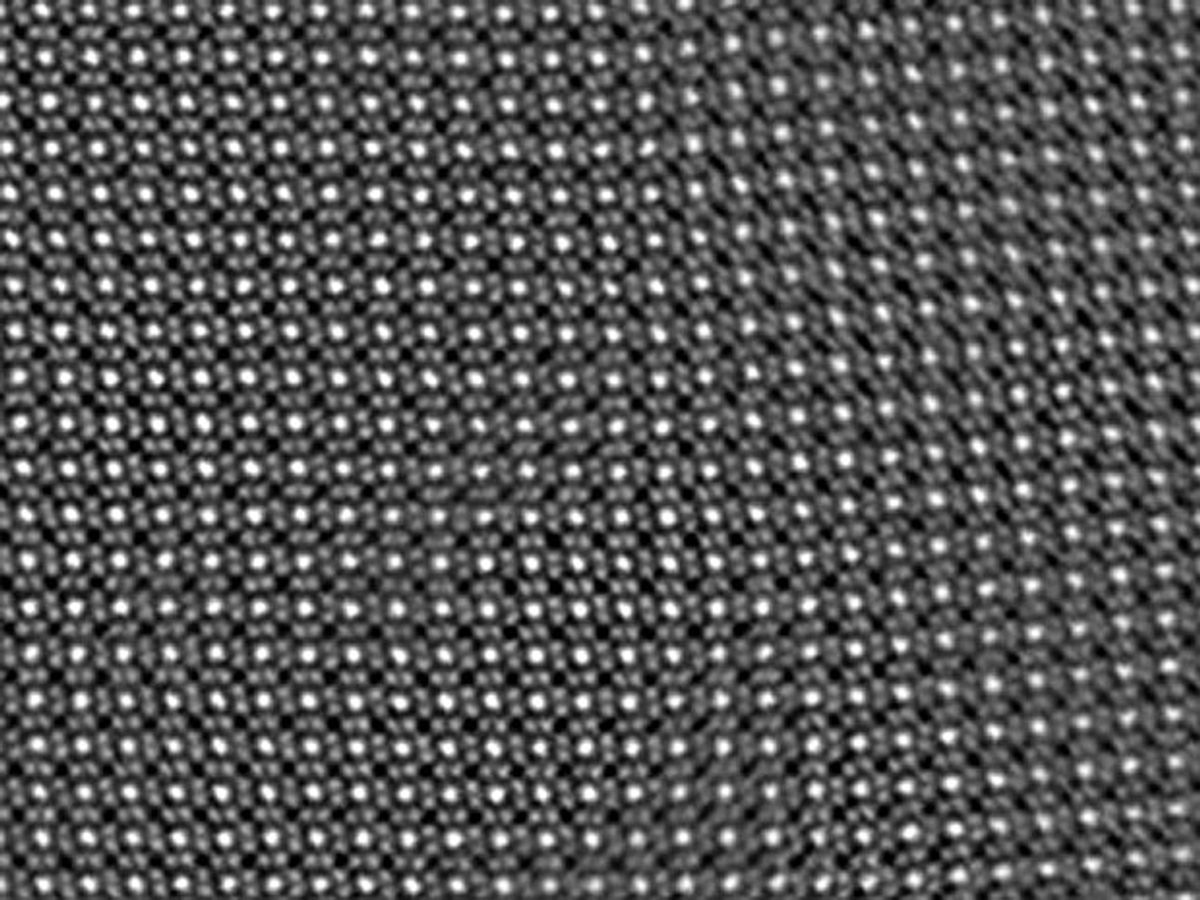Researchers at The City College of New York with collaborators from Drexel, Columbia, Brookhaven National Laboratory, and China’s South University of Science and Technology, have developed a new kind of material, called a complex oxide, that one researcher described as potentially leading to the “ultimate replacement for flash memory”.
The work, which was published in the Nature online journal Scientific Reports, involved the development of a single material that combines both magnetic and ferroelectric properties—a multiferroic. By joining these two properties it becomes possible to control charges using magnetic fields and spins simply by applying a voltage. This could lead to new designs in both logic circuits and spintronics, the materials' discoverers claim.
A few years back, research out of Tyndall National Institute in Ireland suggested that it could be possible to use atomic layer deposition to lay down rare earth oxides and create “a one terabyte USB stick in the near future.”
This latest research appears to further the prospects of that outcome by developing a process to build the new complex oxides using common elements: barium, titanium, and manganese. The novel material belongs to the Hollandite crystal group, which is a mineral composed of manganate of barium and manganese.
For nearly two decades, scientists have predicted that inorganic substances like this had a ferroelectric nature, and this work has confirmed that prediction.
“The Holy Grail in this field is the combination of both magnetic and ferroelectric elements at room temperature with a sufficient magnitude of interaction,” said Stephen O’Brien, associate professor of chemistry at The City College, in a press release. He added that the material could be the “ultimate replacement for flash memory” or smaller devices with massive storage capacities.
O’Brien is apparently not alone in his optimism for this material, with the noted “father of integrated ferroelectrics,” J.F. Scott of the University of Cambridge, making it known that he believes that multiferroics might hold the future for the ultimate memory device.
Dexter Johnson is a contributing editor at IEEE Spectrum, with a focus on nanotechnology.



